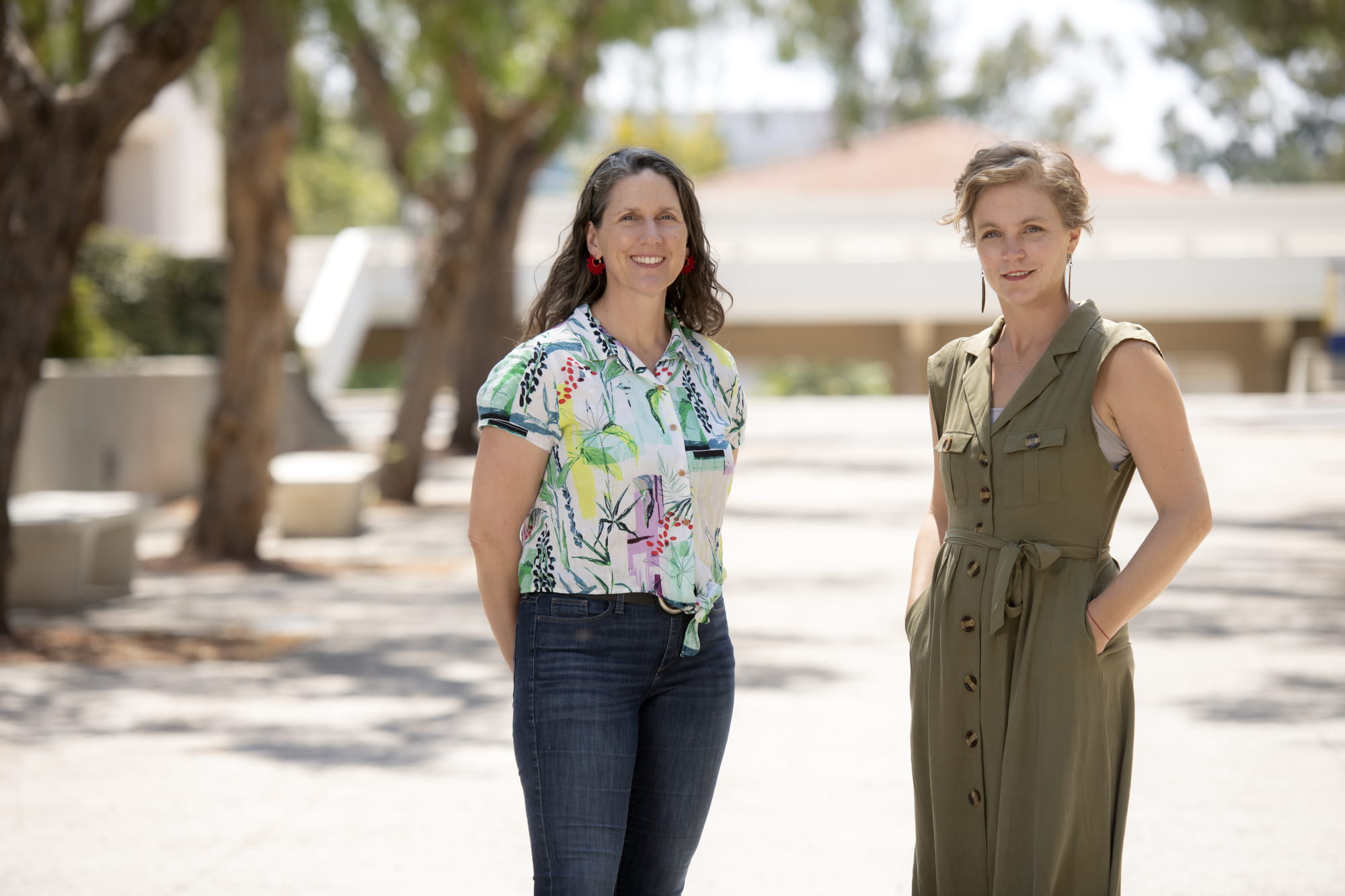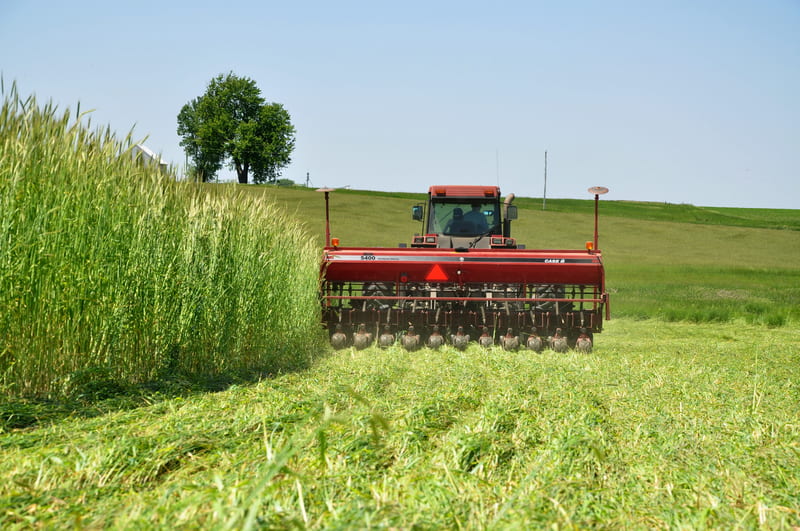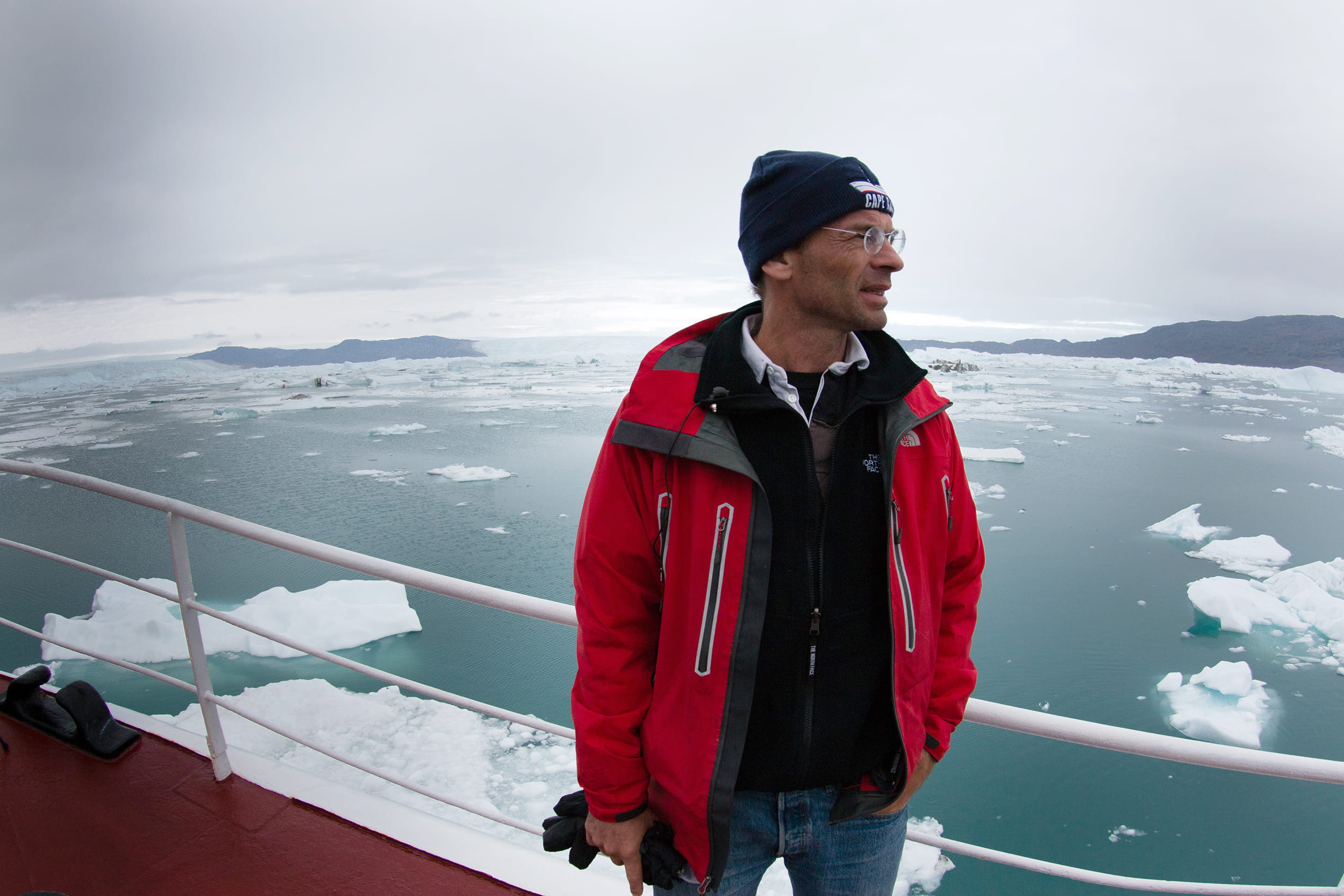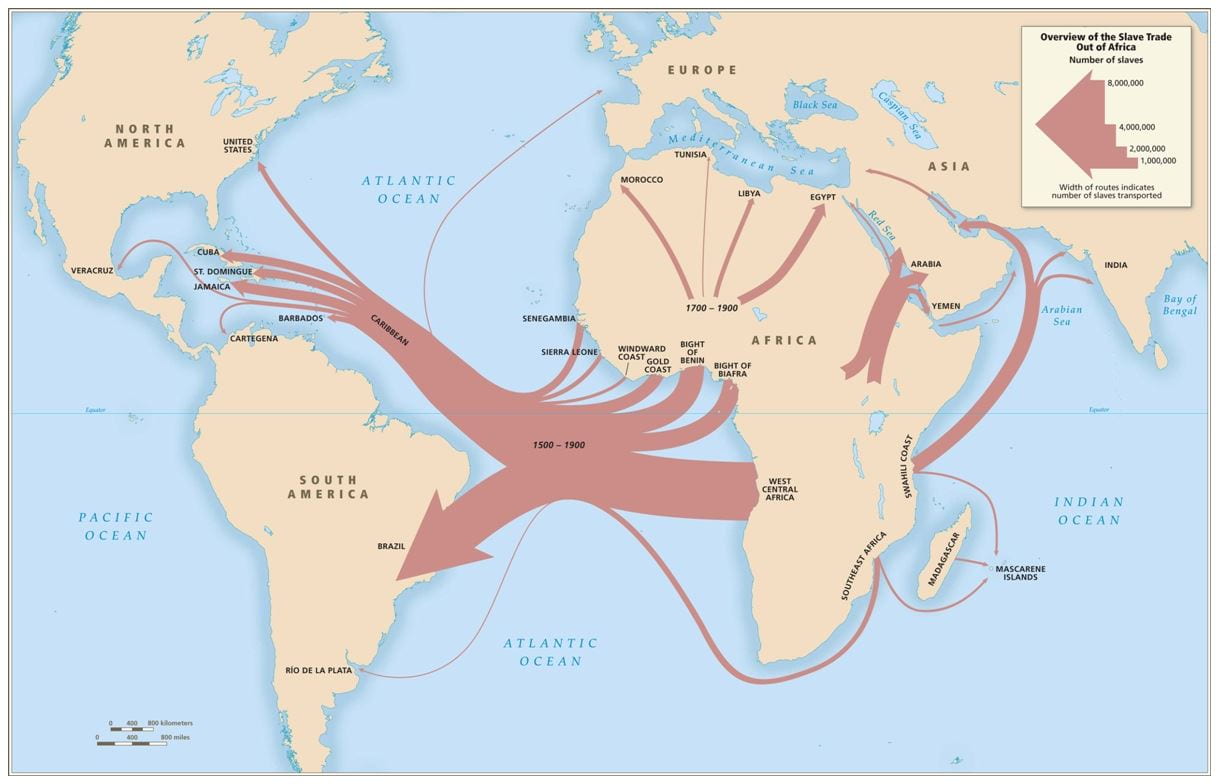Research solidarity with communities
Newkirk Center fellowship program teaches interdisciplinary graduate students a more collaborative, inclusive way to engage with groups they study

Volunteers in central Orange County have been documenting local water pollution for more than a year. Photos of residents boiling their brownish tap water before drinking it and stagnant puddles of polluted runoff showcase a dim reality invisible to their more affluent neighbors. This is the Communities Organizing for Better Water PhotoVoice project, and each month, through UCI’s Research Justice Shop, graduate students meet with the team to provide support and learn firsthand about community-based research.
They work with residents and local organizers to tackle issues predominantly affecting underserved neighborhoods – including water pollution, air quality and COVID-19. Led by Victoria Lowerson Bredow, director of engaged scholarship, and Connie McGuire, director of community relationships, the RJS aims to reshape the way scholars engage with the groups they study.
“A lot of people see university researchers coming into their community and think, ‘They’re not here for the long run,’” Lowerson Bredow says. “Yet often the data is coming from them. It’s the water coming out of their faucets, the soil in their neighborhood, even the blood from their bodies, that’s being used for research.”
Working in solidarity with communities
Housed in UCI’s Newkirk Center for Science & Society, the RJS currently supports 10 graduate students as Newkirk Fellows. They come from disciplines as disparate as drama and public health to partner with community-based organizations.

“When you have a neuroscientist working with a sociologist, they both bring different assumptions, and each helps the other see things they hadn’t seen before,” McGuire says.
Lowerson Bredow, who earned a doctorate in planning, policy & design at UCI in 2015, and McGuire, who completed a Ph.D. in anthropology at UCI in 2011, have dedicated their careers to community-based research. The two began collaborating in 2012, when Lowerson Bredow was a graduate student researcher and McGuire was a postdoctoral fellow and they were both involved with the Santa Ana Building Healthy Communities initiative. That 10-year, $1 billion project funded by The California Endowment mandated that residents be the driving force behind plans to improve their community’s health, safety, economics and education. Lowerson Bredow and McGuire served as the project’s learning and evaluation team, collaborating with Santa Ana residents and the directors of 15 local nonprofits. When their university-driven research roles wrapped up, they felt compelled to continue their work with area organizations.
“With our experience doing community-based work, we had a lot of reflections about how we could help the university do this type of research better,” McGuire says. “It’s not just how to collaborate with communities but how to work in solidarity with communities that are experiencing the brunt of our social and environmental problems and working on their own behalf to solve those challenges.”
She and Lowerson Bredow founded the RJS – then called the Community-Based Research Initiative – in 2018 and continued working with Santa Ana residents, focusing on environmental justice. The co-directors offer their expertise as consultants – for the Santa Ana Watershed Project Authority, for example – but their primary focus is on giving the next generation of academic researchers opportunities to practice new ways of engaging with the communities they study. There’s no shortage of interest.
More than 300 graduate students and faculty have participated in the nine-part Research Justice Workshop Series hosted annually, and 22 graduate students completed 10 community-based projects in the first two years.
With training from the RJS, UCI researchers add value to community organizations right off the bat, according to Patricia Flores, project director at Orange County Environmental Justice.
“People want to help us with our programs, which is great, but we spend weeks and weeks explaining how our community science organizing model works and why it’s important that residents lead the research before they can even start getting involved,” Flores says. “So the Research Justice Shop provides crucial support. Their students come to our projects with a grassroots perspective, ready to work with our organization.”
New generation of scholars
Orange County Environmental Justice’s Communities Organizing for Better Water PhotoVoice project is currently supported by Margaret Goldman, a UCI doctoral student in criminology, law & society; and Ethan Rubin, a UCI doctoral student in education. The two work closely with community volunteers; OCEJ; and staff from Orange County Coastkeeper, who provide expertise on water quality tests.
As they wrap up their 13 months as Newkirk Fellows, Goldman and Rubin will produce a policy paper and help plan public forums that may become a launch point for community advocacy around water pollution. They are also writing a detailed account of their group’s experiences with the project to ensure that the work can continue seamlessly when they move on.
Goldman says her previous efforts with Los Angeles-based youth organizations showed her the “fundamentally extractive relationship” between university researchers and the groups they study. The RJS allowed her to explore a different approach.
“If you’re grappling with the historical relationship between universities and communities that are seen as marginal, you have to understand your time and access to institutional resources as tools and wealth that need to be redistributed,” Goldman says.
Rubin, who aspires to train K-12 teachers, was also drawn to the RJS to learn how to navigate the power dynamics inherent in community-based research.
“It’s so easy to settle into doing research about people instead of with people,” he says. “But I don’t think that benefits our research or the communities we’re supposed to be helping.”
One of the best aspects of the Newkirk Fellowship, Rubin says, is that it brings together researchers from different disciplines and departments who share the same dedication to more inclusive research practices.
“In this particular moment in time, with UCI as a Black-thriving and minority-serving institution with a sizable first-generation and low-income student body, we see synchronicity between the RJS’s reason for being and the university’s commitment to inclusion,” Lowerson Bredow says. “The Research Justice Shop provides a space for upcoming and existing scholars to succeed and thrive in collaborative, community-based research.”
If you want to learn more about supporting this or other activities at UCI, please visit the Brilliant Future website. Publicly launched on Oct. 4, 2019, the Brilliant Future campaign aims to raise awareness and support for UCI. By engaging 75,000 alumni and garnering $2 billion in philanthropic investment, UCI seeks to reach new heights of excellence in student success, health and wellness, research and more. The Newkirk Center for Science & Society plays a vital role in the success of the campaign. Learn more by visiting https://newkirkcenter.uci.edu/giving/give-to-the-newkirk-center.


